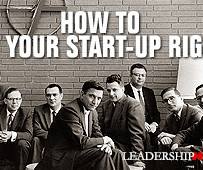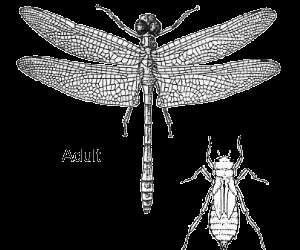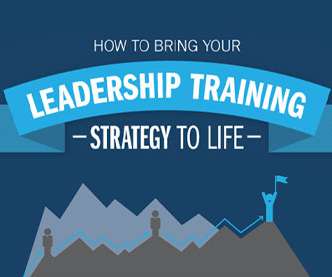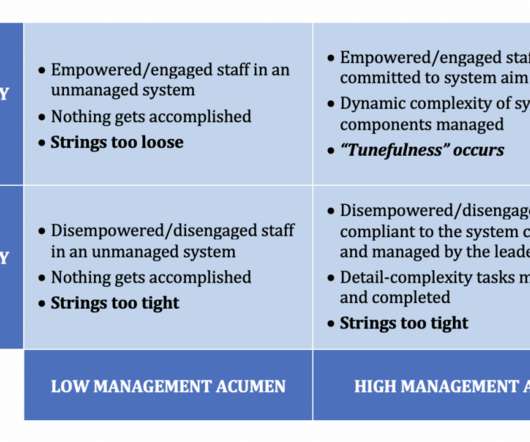Leading Thoughts for May 11, 2023
Leading Blog
MAY 11, 2023
Douglas McGregor on motivation: “The motivation, the potential for development, the capacity for assuming responsibility, the readiness to direct behavior toward organizational goals are all present in people. Source: The Anxious Achiever: Turn Your Biggest Fears into Your Leadership Superpower II.




































Let's personalize your content